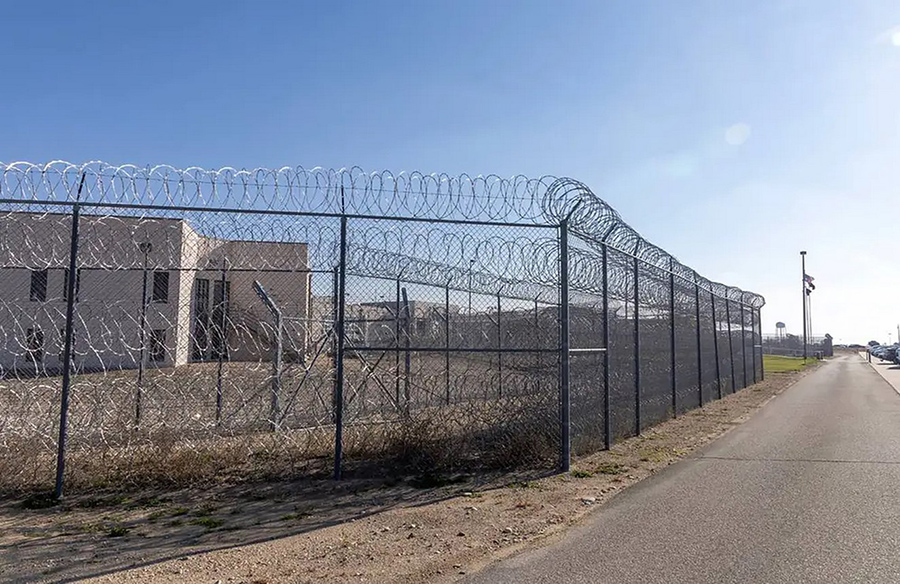Idaho authorities halted the execution of Thomas Creech, a 73-year-old convicted serial killer, after the medical team encountered difficulty in administering a lethal injection. Creech, imprisoned since 1974 for multiple murders across three states, was scheduled for execution at the Idaho Maximum Security Institution. However, complications arose when the medical personnel struggled to locate suitable veins for the procedure, leading to a delay in the execution process.
Vein Obstacles and Warrant Expiry
After several unsuccessful attempts to establish an IV line, Corrections Director Josh Tewalt announced the suspension of the execution. Despite multiple efforts by three medical professionals, Creech’s veins remained inaccessible, prompting authorities to return him to his cell. With the death warrant set to expire at 11:59 p.m. that day, the execution could not proceed as planned, as confirmed by the state’s corrections department.
Rare Occurrence in Idaho
Executions in Idaho are infrequent, with only eight inmates currently on death row—a fraction compared to the national figure of approximately 2,300 individuals facing death sentences. Creech’s defense attorneys criticized the corrections department, labeling the situation a “botched” execution. They highlighted concerns regarding the secrecy surrounding execution procedures and the use of questionable drug sources.
System Validation or Failure?
In response, Tewalt defended the decision to halt Creech’s execution, asserting that it demonstrated the efficacy of the system. Despite criticisms, he emphasized that preventing a failed execution was a testament to the process’s functionality. However, discussions about alternative execution methods, such as firing squads, have surfaced, yet logistical challenges hinder their implementation due to the lack of willing units or contractors.
Creech’s Criminal History and Redemption Narrative
Creech’s criminal history spans multiple decades and states, with convictions for murders in Idaho, California, and Oregon. Despite a death sentence commuted to life imprisonment in the past, he returned to death row in 1983 following the fatal beating of a fellow inmate. Creech claims to have undergone a spiritual transformation in 1993, embracing Christianity and expressing remorse for his actions. He has spent 43 years on death row, engaging in mentoring activities within the prison environment.
Controversy Surrounding Creech
While some advocate for Creech’s redemption narrative, others, like Ada County Deputy Prosecutor Jill Longhurst, maintain skepticism about his character. Longhurst described Creech as “charming” and “likable” but cautioned that underlying sociopathic traits persisted. Creech’s case echoes past instances where unsuccessful IV procedures temporarily spared inmates from execution, as seen in the case of Alva Campbell in Ohio in 2017.
The complex saga of Thomas Creech’s execution underscores the legal, ethical, and logistical challenges surrounding capital punishment, prompting reflections on the efficacy and humanity of the death penalty system.











